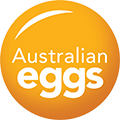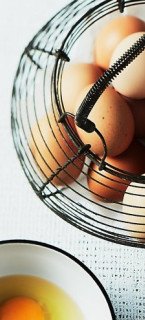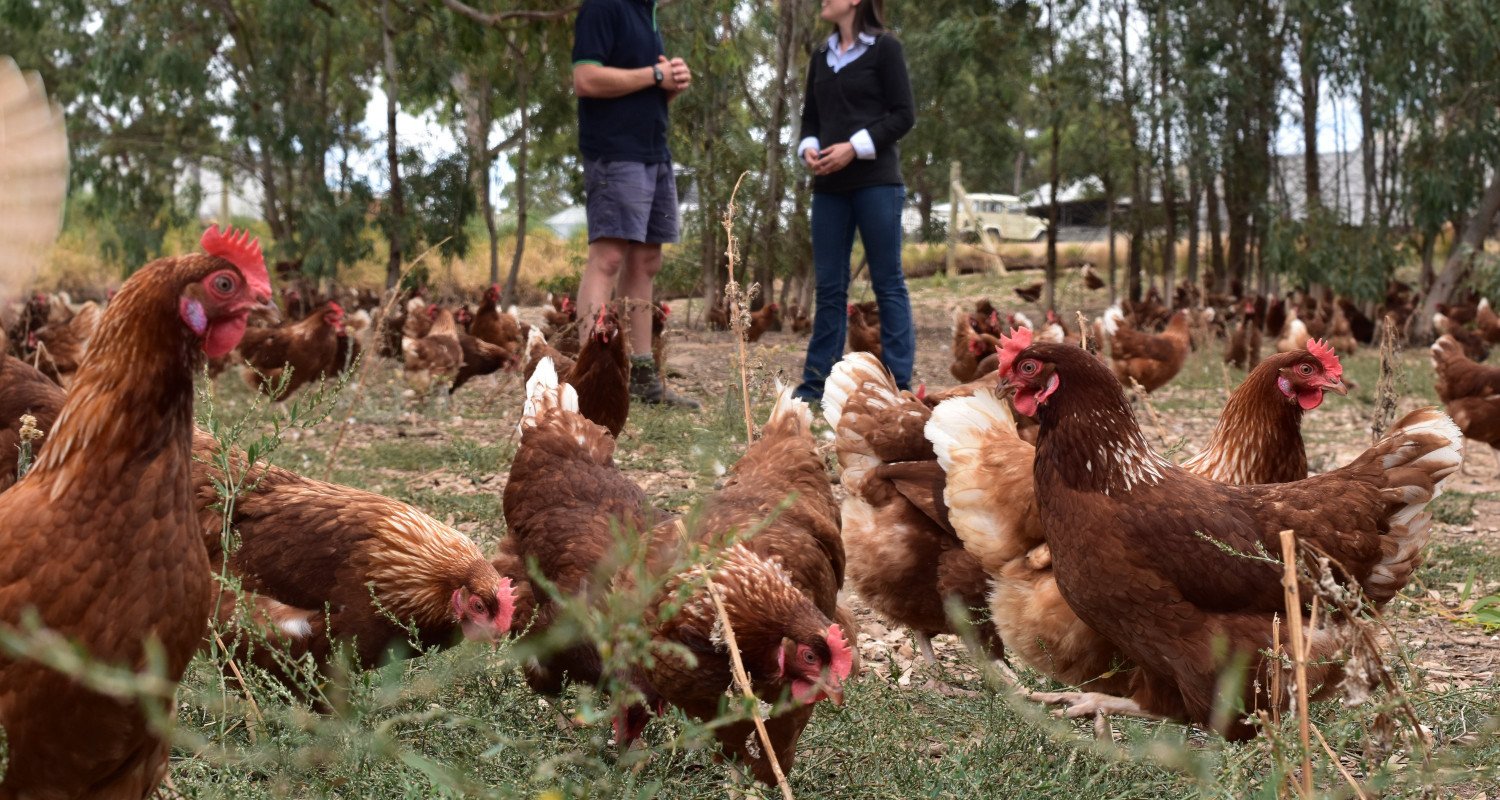
Properly handled and cooked eggs safe to eat
Properly handled and cooked eggs safe to eat
- Publication
- Categories
- Reading time 2 minutes
The egg industry is supporting Queensland and South Australian health authorities in their investigations into recent reports of foodborne illnesses.
Health authorities advise it is safe to eat eggs that have been well-cooked and properly handled.
Australia Egg Corporation Managing Director James Kellaway says that the egg industry is well regulated with respect to public safety and maintains a high standard of food safety compared to other countries.
“However, like all perishable foods, eggs need to be handled carefully,” Mr Kellaway said.
“Correctly handling and storing eggs and following the simple rules outlined below will maximise the safety, quality and freshness of eggs:
- Always buy eggs that are clean and not cracked.
- Always place and keep eggs in the refrigerator as soon as possible after purchase.
- Keep eggs in their original carton (cartons reduce water loss and protect flavours from other foods being absorbed into the eggs).
- Allow no more than two hours at room temperature for preparation and serving.
- Eggs should be cooked thoroughly. If a dish requires eggs to be undercooked or raw then the dish should be consumed immediately and leftovers discarded. Always use eggs within the best before date as stated on the carton.
- Always practice good food safety in the kitchen by washing your hands, food contact surfaces and cooking utensils with soap and water before and after preparing food.”
“Australia has some of the safest eggs in the world. This is the result of high quality standards applied across industry combined with a system of food safety regulation that is on par with the world’s best,” he said.
“AECL has also launched a national Salmonella Initiative with a dedicated member of staff working to inform people across the supply chain about how to reduce the risk of salmonella for consumers. Through the Salmonella Initiative, AECL has been collaborating with relevant through-chain stakeholders Australia-wide (producers, retailers, health departments, regulators, food service operators, chefs) to identify appropriate controls measures at various stages through chain,” he said.
“The ultimate output of the Salmonella Initiative will be a through-chain risk assessment that includes research-based knowledge to be used as the basis for management of each risk which will also identify knowledge gaps that can be filled through the AECL R&D program.”
All Australian egg producers are required to comply with the Food Standards Code as regulated by Food Standards Australia and New Zealand (FSANZ), which requires all eggs to be stamped with an identifying mark to enable traceability and prohibits the sale of cracked and dirty eggs.
The egg industry also has a voluntary quality assurance scheme called EggCorp Assured and food safety is a central component of the scheme.
For consumer-friendly information on eggs and salmonella click here.
 >
> 
